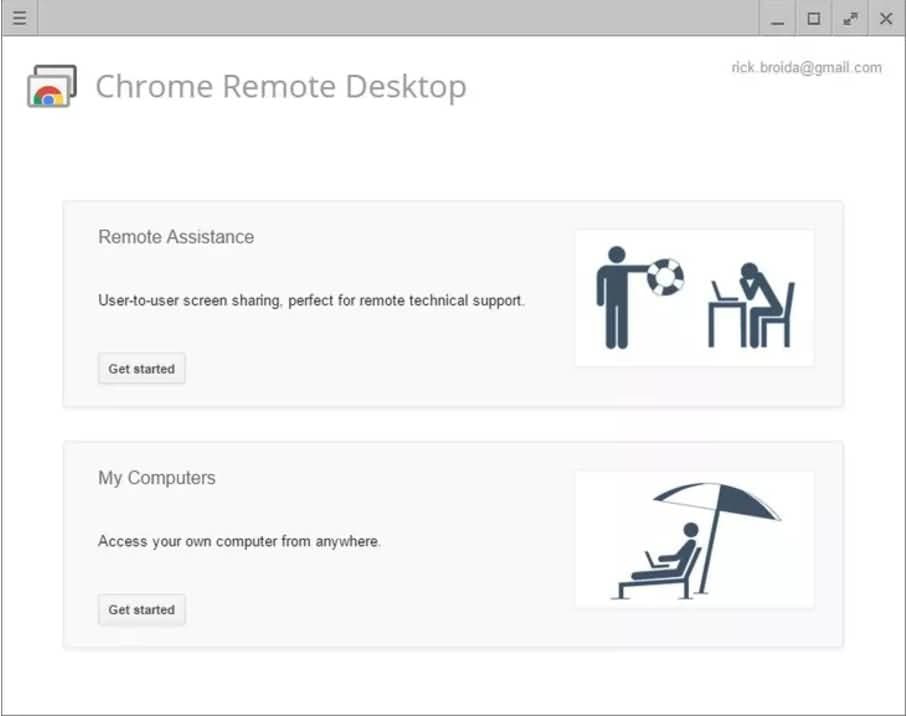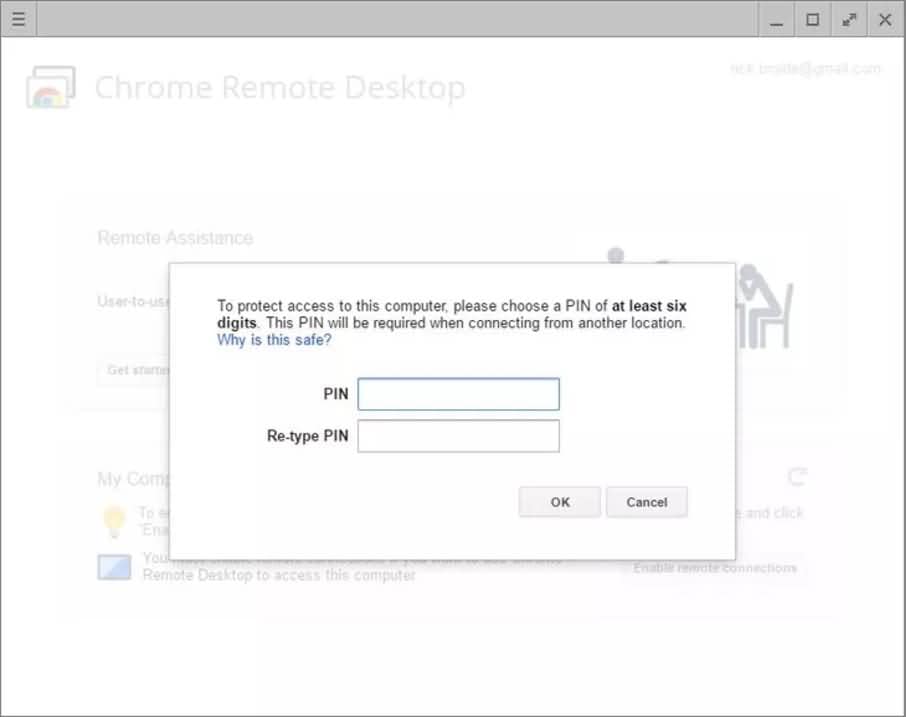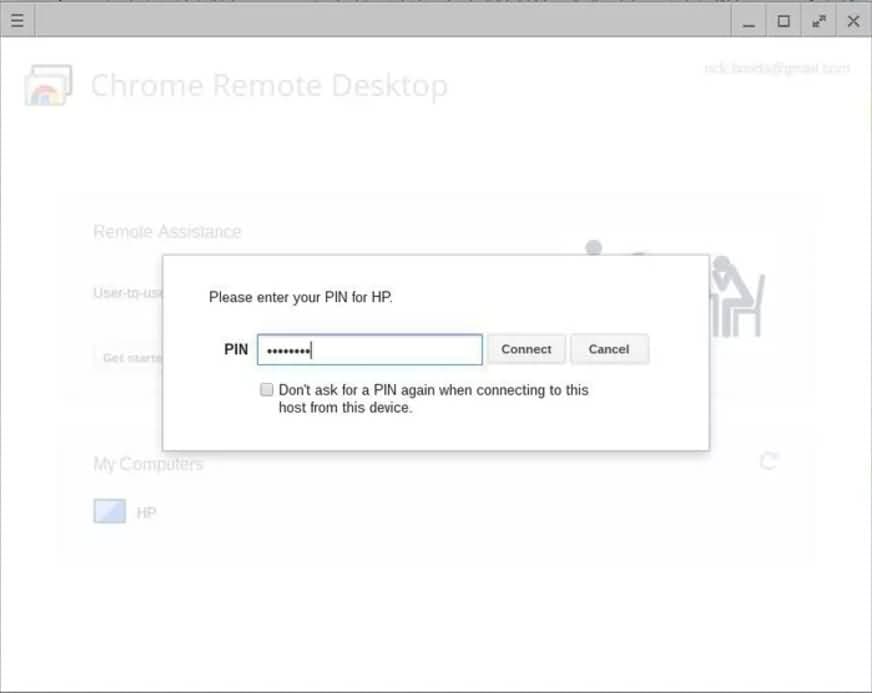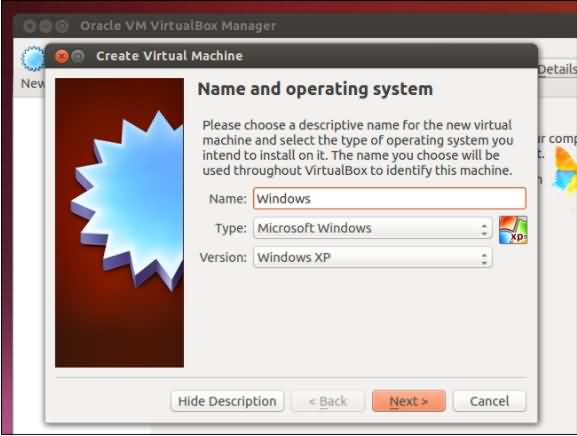
New 2024 Approved How to Run Windows and Mac OS Video Editing Apps on Your Chromebook

Chromebook Hacks: Running Windows and Mac Video Editing Software Seamlessly
How to Run Windows and Mac OS Video Editing Apps on Your Chromebook

Ollie Mattison
Mar 27, 2024• Proven solutions
Generally, for the same price, you will be able to get a better build quality, longger battery life and lighter Chromebook, compared to Mac and PC. However, it is a common knowledge that Chromebooks don’t support Windows or Mac video applications or any other apps that aren’t designed for the Chrome OS. But, if you are looking for a way to edit your videos from a Chromebook do not despair because there is a way to use Windows or Mac software. Instead of being forced to use online editors that often provide just a few basic editing options Chromebook users can access editing software that is compatible with Mac or Windows OS. There is more than just one way to gain access to Mac and Windows programs, although before getting your hopes up, you should first check if the Chromebook model you have allows you to install the necessary software.
These solutions may not be obvious, but using them may enable you to use professional editing software that is available for Mac and Windows operating systems. Let’s see how you can run Filmora, Final Cut Pro, Sony Vegas Pro or any other powerful video editing software from your Chromebook.
You may also want to know:
Part 1: How to Run Windows and Mac OS Video Editing Apps on Chromebook
As we already mentioned there are two different ways to run Mac and Windows OS video editing apps from your Chromebook, although one method is much less complicated than the other. Let’s have a look at the methods that will enable you to gain access to all applications you need to create stunning videos.
Method 1: Accessing with Chromebook Desktop Remote
A simple app that is available at the Google Play Store for free will enable you to access a remote computer and use any programs installed on it from your Chromebook. There are many applications similar to Chrome Desktop Remote, but we chose it because it is simple to use, very effective and completely free.
1.Install Chromebook Desktop Remote
The first step is to install the Chrome Desktop Remote app on both the computers you want to pair with and your Chromebook. After the application is installed, you will be presented with two options in the app’s main screen Remote Assistance and My Computers.

Choose the My Computers option, then click on Get Started button and select the Enable Remote Connections feature. Once you’ve completed these actions, accept to install the Chrome Desktop Remote Host Installer and after the installation is over, run the installer.
2.Choose PIN
In the next step, you will be asked to select the security PIN for the host computer, that must be numeric and that has at least six digits. After you successfully completed this task the part of the process related to the host computer is finished, although you may want to adjust power saving settings so it doesn’t go into a standby mode if it is inactive for too long.

3.Make Connection
In order to establish the connection between your PC and your Chromebook, both devices must sign into the same Google account. Go to the Google Play Store, only this time from you Chromebook and click on the Launch app option, the app should already be installed on the Chromebook you are using as a consequence of Google accounts keeping in sync. After you launched the app go to My Computers option and choose the Get Started feature. Select the computer you’d like to connect to and insert the PIN. After you entered the PIN, click on the Connect option and you should be able to see the desktop of your computer in the web browser.

4.Optimize Options
Due to disparities between screen resolutions, pictures you will be able to see on your Chromebook may appear to be a little grainy. If you’d like to have a sharper and clearer image go to Options and disable Shrink to Fit feature. Furthermore, users who’d like to use video editing apps must make sure that all content they would like to edit is either on the Googe Drive because the Chrome Desktop Remote doesn’t offer a direct transfer of files as an option.
Method 2: Using Developer Mode and Installing a Virtual Machine
The second method is best suited for Chromebook owners who are already running a Linux OS on their devices. The Developer Mode can provide a powerful Linux desktop on Chrombook, although it is a slightly complicated process that can be time-consuming. Before install a Virtual Machine software on Chromebook, you should check if your Chromebook is ARM or Intel based, because Virtual Machine software can’t run on ARM powered Chromebooks.
- The first step of the process is to install the Linux OS from the Developer Mode on your Chromebook, then switch to the newly installed OS and start the installation of the Virtual Machine software like Virtual Box or Windows Virtual PC.
- The next step is to install the Windows OS inside the Virtual Box or any other Virtual Machine software you decided to use. This will enable you to switch between Chrome OS and Linux OS with a simple keyboard shortcut or use editing software that is compatible with the Windows OS.

- After you’ve successfully installed the Windows OS within the Virtual Machine software you can install video editing software that will allow you to edit videos from your Chromebook. The Virtual Machine software takes a lot of hard-drive space so that may not leave too much space for the video footage you’d like to edit with your Chromebook. Even the latest Chromebooks offer barely enough processing power required to run more demanding editing software, so using the software like the Virtual Box may limit their performance even more.
Chromebook owners who would like to have access to Mac and Windows video editing apps will benefit more if they choose to install the Chromebook Desktop Remote application because it is easier to use and it has performed much better than all other methods of accessing software designed for Mac, Windows or Linux operating systems.
Bonus: We highly recommend you to use our Filmora X following the instructions above, we optimized the app for it.

Ollie Mattison
Ollie Mattison is a writer and a lover of all things video.
Follow @Ollie Mattison
Also read:
- [Updated] In 2024, Mastering the Art of YouTube-to-WebM Conversion
- Cellular Network Not Available for Voice Calls On Tecno Phantom V Fold | Dr.fone
- Dissective Review of ShareX Criticism & Substitutes for 2024
- How to Track a Lost Tecno Spark Go (2023) for Free? | Dr.fone
- In 2024, Unlock the Power of Filmora for Effective AVI-to-GIF Conversion
- Mastering Dialogue Engaging Your YouTube Fans
- New In 2024, Mastering Sony Camcorder Footage A Step-by-Step Editing Guide
- New In 2024, Minitool Movie Maker Vs. The Competition Which One Reigns Supreme?
- New In 2024, Web-Based Movie Trailer Design Studios
- New S Best Mobile Video Editors with Audio Tracks
- Slowing the Spree of Life’s Speed in Your Windowed World
- Troubleshooting Guide: Microsoft Flight Simulator 2E's Recurring PC Shutdowns & Crashes
- Types of Facebook Video Aspect Ratios & How to Adjust It for 2024
- Title: New 2024 Approved How to Run Windows and Mac OS Video Editing Apps on Your Chromebook
- Author: Ava
- Created at : 2024-11-11 19:04:07
- Updated at : 2024-11-13 20:48:34
- Link: https://video-content-creator.techidaily.com/new-2024-approved-how-to-run-windows-and-mac-os-video-editing-apps-on-your-chromebook/
- License: This work is licensed under CC BY-NC-SA 4.0.

